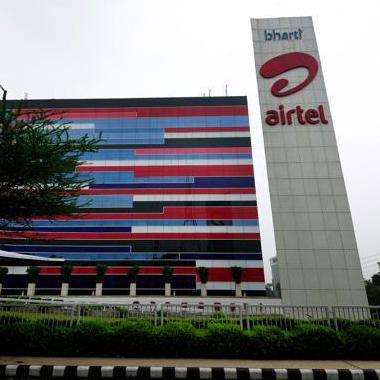  Bharti Airtel has blamed predatory pricing by Reliance Jio for decline in revenue growth and profit for the fiscal ending financial year 2017. It had to reduce prices and invest more on its infrastructure to accommodate huge incoming traffic from free subscribers of Jio.
Its revenue fell by 12% to Rs 21,935 crore due to low voice and data rates.
“The sustained predatory pricing by the new operator has led to a decline in revenue growth for the second quarter in a row. The telecom industry as a whole also witnessed a revenue decline for the first time ever on a full year basis,” said Gopal Vittal, MD and CEO, India & South Asia at Airtel.
Its profit for the fourth quarter was down by 72% to Rs 373 crore. “The deteriorating health of the industry was compounded by the tsunami of incoming voice traffic from the new operator as a result of which significant investments had to be made just to carry the incoming traffic on our network.”
The net result of this was a revenue decline of 7.1% (in India) in Q4 even as EBITDA margins eroded by 2.9%.”
Airtel’s 3% on year revenue fall in the October-¬December quarter was its first since its initial public offer.
Mukesh Ambani-owned Jio launched its services on September 5, 2017. It started offering free services to its customers. As a result, incumbent operators reduced tariff. Its impact was that Airtel was able to retain its subscriber base. In India, which makes up nearly 78% of overall revenue, the company had nearly 274 million mobile subscribers, up 2.9% sequentially.
Airtel’s FY2017 India revenue growth of 3.6% to Rs 73,422 crore was “muted” compared with the double¬ digit growth seen in preceding years, according to Vittal. Airtel’s consolidated net profit for the full fiscal fell 37% on year to nearly Rs 3,800 crore, on revenue of Rs 95,468 crore, down 1%.
However, it turned profitable for the first time in Africa reporting a net income of $6 million compared with a net loss of $57 million, helped by growth in the data customer base and consumption, with revenue growing 2.6% amid stable currencies. |